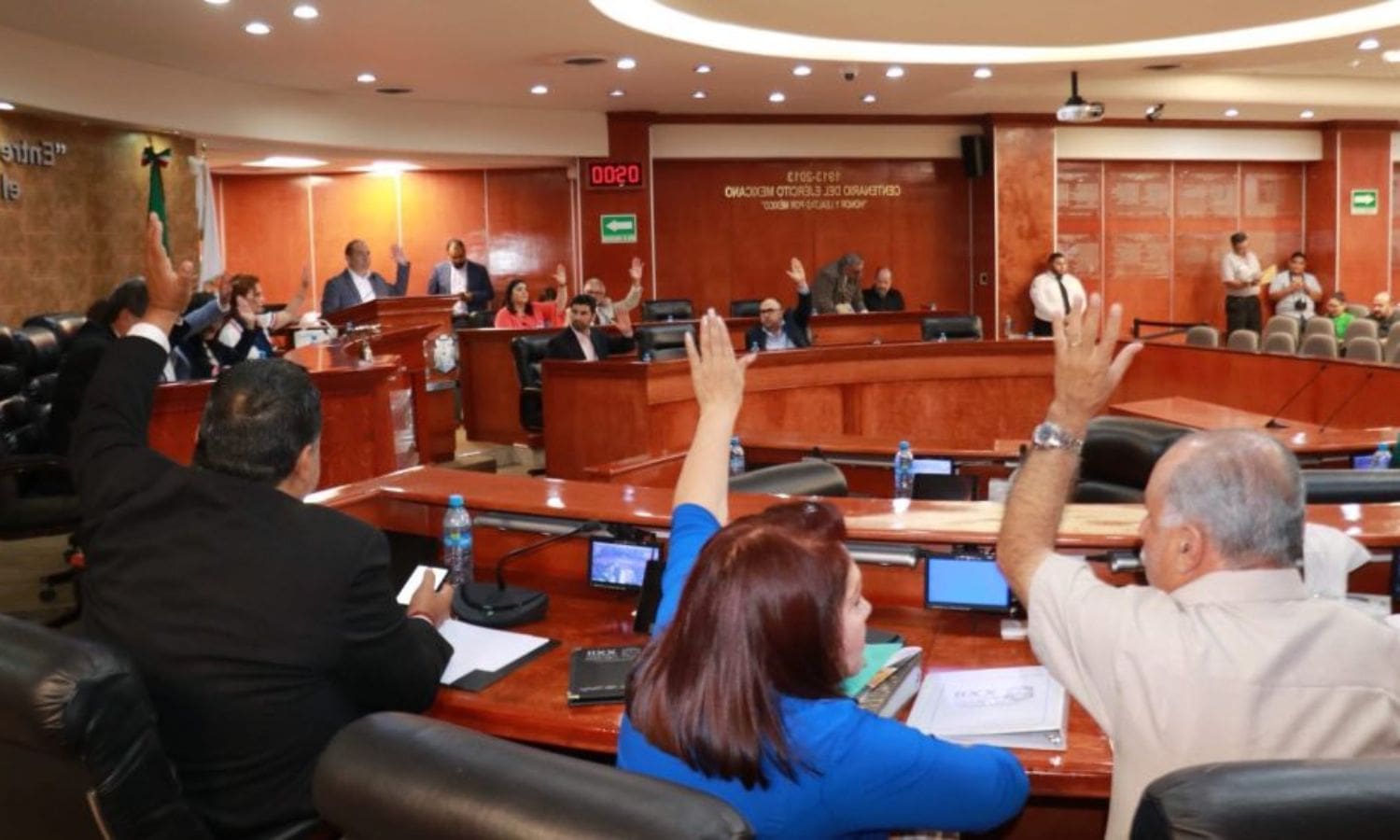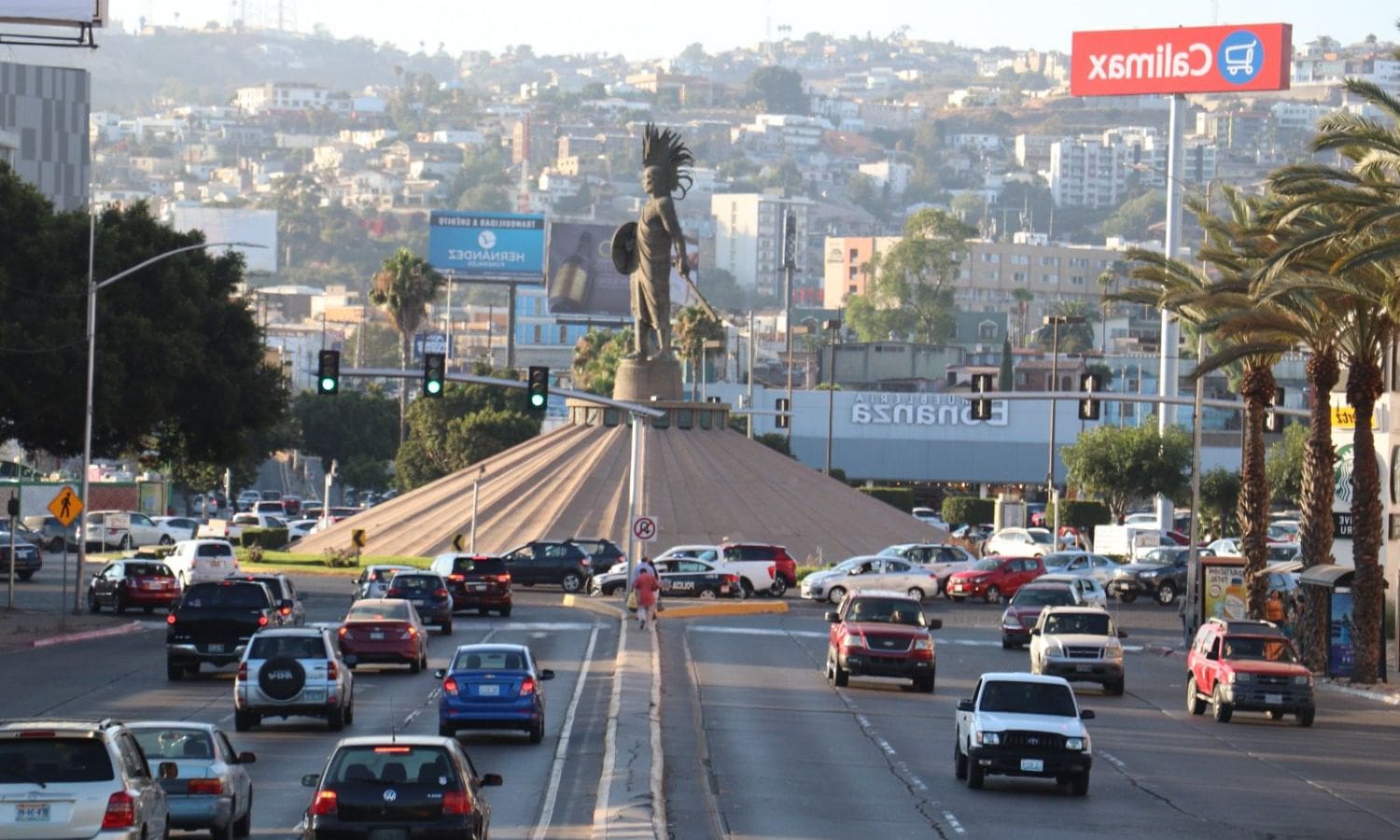Baja California Vehicle Control Services Law: The legislative proposal, presented by Deputy Román Cota Muñoz, aims to bring about significant changes in vehicle control services in the region. The article explores the goals and justifications behind this legislative change, as well as the administrative requirements for citizens and the current implementation.
Additionally, it highlights the integration of technology and the BC Digital Identity Application in this new law.
Key Takeaways Of Baja California Vehicle Control Services Law
- Opinion No. 7 has been passed by the Metropolitan Development Commission, indicating progress in improving and enhancing the regulation of vehicle control services in Baja California.
- Deputy Román Cota Muñoz’s legislative proposal introduces a comprehensive framework for the regulation of vehicle control services, focusing on digital circulation cards and aiming to eliminate bureaucracy, simplify administrative processes, and uphold citizens’ rights.
- The goals of the legislative change include the creation and regulation of digital circulation cards, adapting to evolving technologies, leveraging advancements in public administration, and enhancing the overall efficiency and effectiveness of vehicle control services in Baja California.
- The implementation of the Baja California Vehicle Control Services Law involves administrative requirements, technological integration, and the use of the BC Digital Identity application to streamline processes, improve compliance enforcement, enhance security, and provide a better user experience.


Passage of Opinion No. 7 in Metropolitan Development Commission:
With legislative approval, the passage of Opinion No. 7 in the Metropolitan Development Commission marks a significant milestone in the reform of the Law Regulating Vehicle Control Services in Baja California.
This opinion, approved by the Plenary, signifies progress in the initiative to improve and enhance the regulation of vehicle control services in the region.
The passage of Opinion No. 7 demonstrates the commitment and dedication of the Metropolitan Development Commission to address the challenges and shortcomings of the existing law. It reflects a comprehensive and thoughtful approach to ensure the safety, efficiency, and fairness of vehicle control services in Baja California.
The approval of this opinion also highlights the collaborative efforts of lawmakers, stakeholders, and experts in drafting and refining the provisions of the law, ultimately resulting in a more robust and effective framework for vehicle control services.
Deputy Román Cota Muoz’s Legislative Proposal:
Deputy Román Cota Muñoz’s legislative proposal introduces a comprehensive framework for the regulation of vehicle control services in Baja California. The proposed reform focuses on establishing legal frameworks for the regulation of digital circulation cards, aiming to eliminate bureaucracy, simplify administrative processes, enhance accessibility, and uphold citizens’ rights.
The proposal aims to address the challenges faced by vehicle control services in the region and seeks to provide a more efficient and streamlined system. By implementing this comprehensive framework, Deputy Cota Muñoz aims to ensure that the regulation of vehicle control services in Baja California is in line with modern technological advancements and meets the needs and expectations of the citizens.
This legislative proposal represents a significant step towards improving the overall efficiency and effectiveness of vehicle control services in Baja California.
Goals and Justifications for Legislative Change:
The goals and justifications for the legislative change in Baja California’s vehicle control services focus on implementing a comprehensive framework that addresses the challenges faced by the sector and leverages modern technological advancements to enhance efficiency and effectiveness.
The specific goals and justifications for this legislative change are as follows:
- Creation and regulation of digital circulation cards: The implementation of digital circulation cards will streamline the process of vehicle control services, reducing paperwork and manual processes.
- Adapting to evolving technologies: The legislative change aims to keep up with the advancements in technology, ensuring that the vehicle control services sector is equipped with the necessary tools to effectively manage and monitor vehicles.
- Leveraging advancements in public administration: The legislative change seeks to leverage advancements in public administration to streamline operations, improve transparency, and enhance the overall efficiency of vehicle control services.
- Expedite and streamline state operations: By implementing a comprehensive framework, the legislative change aims to expedite and streamline state operations related to vehicle control services, reducing delays and improving customer satisfaction.


Also Read: California Governor Delays Minimum Wage Boost for Healthcare Workers
Administrative Requirements for Citizens and Current Implementation:
Implementing a comprehensive framework that addresses the challenges faced by the sector and leverages modern technological advancements is of utmost importance in Baja California. The administrative requirements for citizens and the current implementation of vehicle control services are key areas to focus on.
Citizens in Baja California are required to have a circulation card as an essential document for traveling in motorized vehicles. This requirement is applicable across all 32 federal entities in Mexico.
To streamline the administrative process and enhance efficiency in vehicle control services, the Digital Circulation Card has been introduced as part of the implementation process. The Executive Branch of Baja California has been involved in this initiative.
The introduction of the digital card aims to improve the overall experience for citizens and ensure compliance with traffic regulations by embracing technological advancements.
To ensure the success of this implementation, it is crucial to continuously monitor and evaluate the current implementation. This will help identify any areas of improvement and address any challenges that may arise.
Technological Integration and BC Digital Identity Application:
The integration of technology and the BC Digital Identity application is pivotal for the advancement of vehicle control services in Baja California. This technological integration will bring about significant improvements in the efficiency and effectiveness of the vehicle control system. Here are four key aspects of the integration:
- Streamlined Registration Process:
The BC Digital Identity application will enable citizens to register their vehicles easily and quickly, eliminating the need for complex paperwork and reducing administrative burdens.
- Real-time Monitoring:
Through technological integration, vehicle control services will have access to real-time data on vehicle registration, inspections, and other relevant information. This will enable authorities to monitor and enforce compliance more effectively.
- Enhanced Security:
The BC Digital Identity application will provide a secure digital platform for managing essential documents, ensuring the authenticity and integrity of information. This will enhance security and reduce the risk of identity fraud or document tampering.
- Improved User Experience:
The integration of technology will result in a more user-friendly experience for citizens, with convenient online services and streamlined processes. This will save time and effort for both citizens and government officials involved in vehicle control services.


Conclusion Of Baja California Vehicle Control Services Law
In conclusion, the passage of Opinion No. 7 in the Metropolitan Development Commission and Deputy Román Cota Muoz’s legislative proposal highlight the importance of vehicle control services in Baja California.
The goals and justifications for this legislative change aim to improve administrative requirements for citizens and enhance technological integration through the BC Digital Identity Application.
These efforts are expected to streamline processes and enhance efficiency in vehicle control services in the region.

